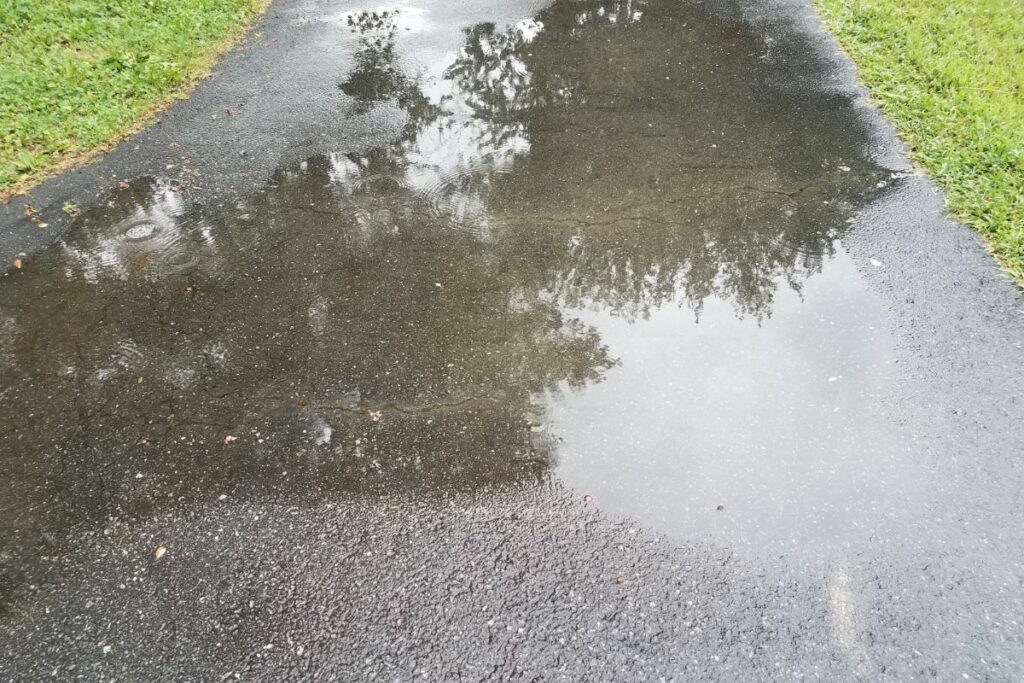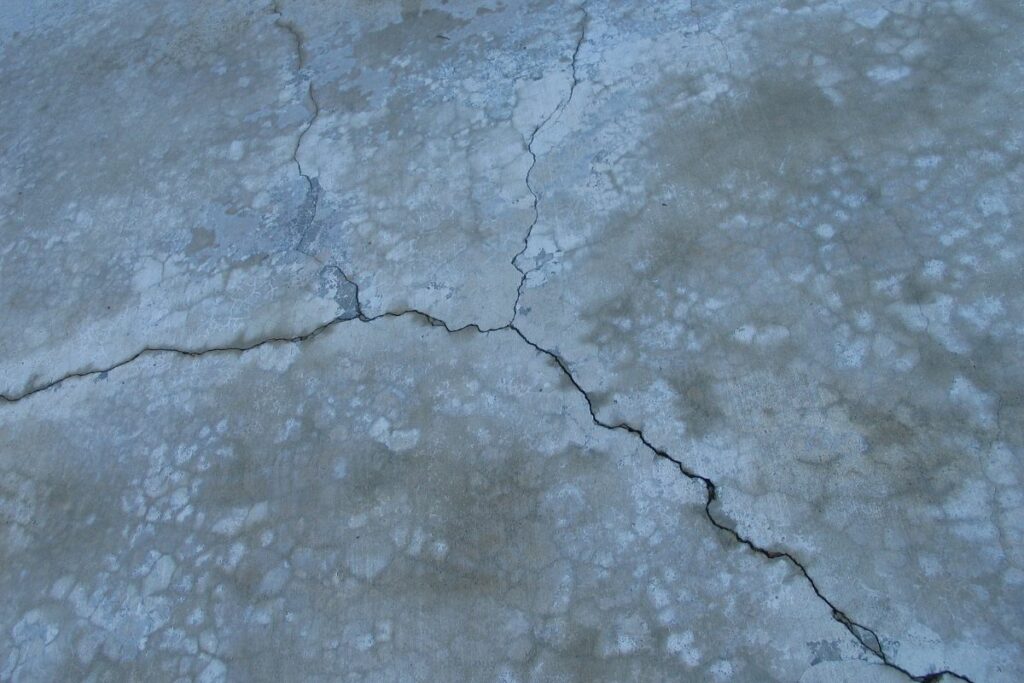Benefits of Driveway and Concrete Sealing
Concrete is one of the most durable and sturdy materials we use in the modern day – it’s no surprise that a lot of Brisbane’s driveways are made out of concrete. We use it to erect buildings, homes, roads and pavements. However concrete is not indestructible and after a period of time, especially if experiencing a lot of wear and tear, it does need to be replaced.
It can be a long and costly process, so if you do decide to lay down concrete, on your front driveway, for example, you should go the extra mile to ensure its longevity, and this can be done in the form of professional cleaning and sealing a driveway with concrete sealant to as the final measure.
Benefits of applying sealant to concrete areas
There are a number of benefits that come with applying professional cleaning and sealing to concrete areas. These include;
1. Protection from damage
Concrete is often used for the most hard-wearing areas, particularly on driveways. Factors such as the weight of a car constantly moving on it as well as being exposed to natural elements all the time can eventually cause cracks to emerge and parts of the concrete can begin to break and flake.
The surface can also suffer from oil and grease spills from a vehicle, hazardous chemicals from gardening liquids such as weed killers, and the extraction and contraction which occurs as the temperature rises and falls throughout the year.
The sealant acts as a protective layer between the concrete and everything else, stopping anything from seeping into the concrete and allowing for the damage to embed itself.

2. Protection from mould and mildew.
Concrete is porous, meaning it absorbs moisture. If you live in an area with heavy and regular rainfall or snowfall, and there is not enough time for it to dry, then over an extended period of time mould and mildew can begin to grow. The mould and mildew will appear on the surface with a green tinge.
Applying sealant will prevent moisture from penetrating the concrete and therefore it will stop the mold and mildew from developing.
3. Sealant can extend the life of your concrete driveway
Concrete is a hard-wearing and durable material which typically lasts for anywhere between 20 and 30 years. However if not taken care of it can deteriorate much sooner and need to be relaid.
Applying sealant can ensure that your concrete driveway is protected and lasts its full life expectancy and possibly more, depending on how it’s used. A small investment in applying sealant can provide excellent value for money in the long run.
4. Your driveway will look healthy!
Concrete rarely makes things look good, however poorly maintained concrete can certainly make things look bad!
There is a clear difference when pulling into a smooth, even concrete driveway compared to a driveway which has green spots on it, oil spills, unevenness, splits and cracks.
The overall aesthetic of your home goes down and it can even affect the value of your home if put on the real estate market!

What can ruin your unsealed concrete?
There are a number of factors which can damage your unsealed concrete. The most common include;
- Expansion and contraction of the concrete due to changes in the weather
- Moisture penetrating layers of the concrete
- Delamination – small bubbles appear on the surface caused by extended sunlight exposure which then begins to split the layers of concrete
- Chemical reaction damage – with carbon dioxide being present in the atmosphere, when it meets with calcium hydroxide, which is present in concrete. When these two elements meet a chemical reaction called carbonation takes place and creates calcium carbonate.
Calcium Carbonate has proven to be very damaging for both concrete and steel as the effects cause both materials to weaken and become less durable.
FAQ’s
Can sealant be applied to other parts of the house?
Yes, there are other parts of the house where sealant can be applied. We particularly recommend it for roofs. Roof painting and sealing will no doubt extend the life of your roof and will add an extra layer of protection against the elements.
How long after sealing my driveway should I drive on it?
Once your concrete driveway has been laid and sealant has been applied, how long you need to leave it for without driving on it depends on the weather.
If the weather is dry and sunny then you should wait for a minimum of 24 hours, however it’s better to give it 48 hours before driving on it. If the weather conditions are cold, humid or cloudy it’s better to wait for 72 hours.
Given how much time, money and inconvenience it can be to lay down a concrete driveway, if you have the luxury then the longer you leave it the better, with 72 and even 96 hours an appropriate length of time.
When is the best time to apply sealant?
Depending on where you live, it’s not always easy to predict what the weather is going to be like, however the summer time is usually the best season to apply sealant to your driveway.
Weather is arguably the most important factor when it comes to laying down concrete and applying sealant. You should plan for the sunniest day the weather forecast predicts. Ideally the day shouldn’t have much humidity, with 60% being the highest level humidity should reach. High humidity levels induce moisture, which can affect the drying process and take longer than it should.
How long after sealing my driveway can I walk on it?
They say you can walk on your driveway after just a few hours if the day has been sunny however what you need to look out for is dark grey spots which usually indicates the concrete and sealant is still wet.
Ideally, you should give as much time as possible, be it 12 or 24 hours but make sure you don’t step on any wet spots.
What happens if it rains after sealing my driveway?
Rain on a freshly laid or sealed driveway is the worst thing that can happen. If it’s light right you can arguably get away with it by resealing parts of the driveway, provided it hasn’t rained for a long time and it’s followed by long periods of sunny weather.
However, unfortunately, if the downpour is heavy, and for an extended period of time, then you will simply have to start again once it drives, as all of your hard work will be ruined.

